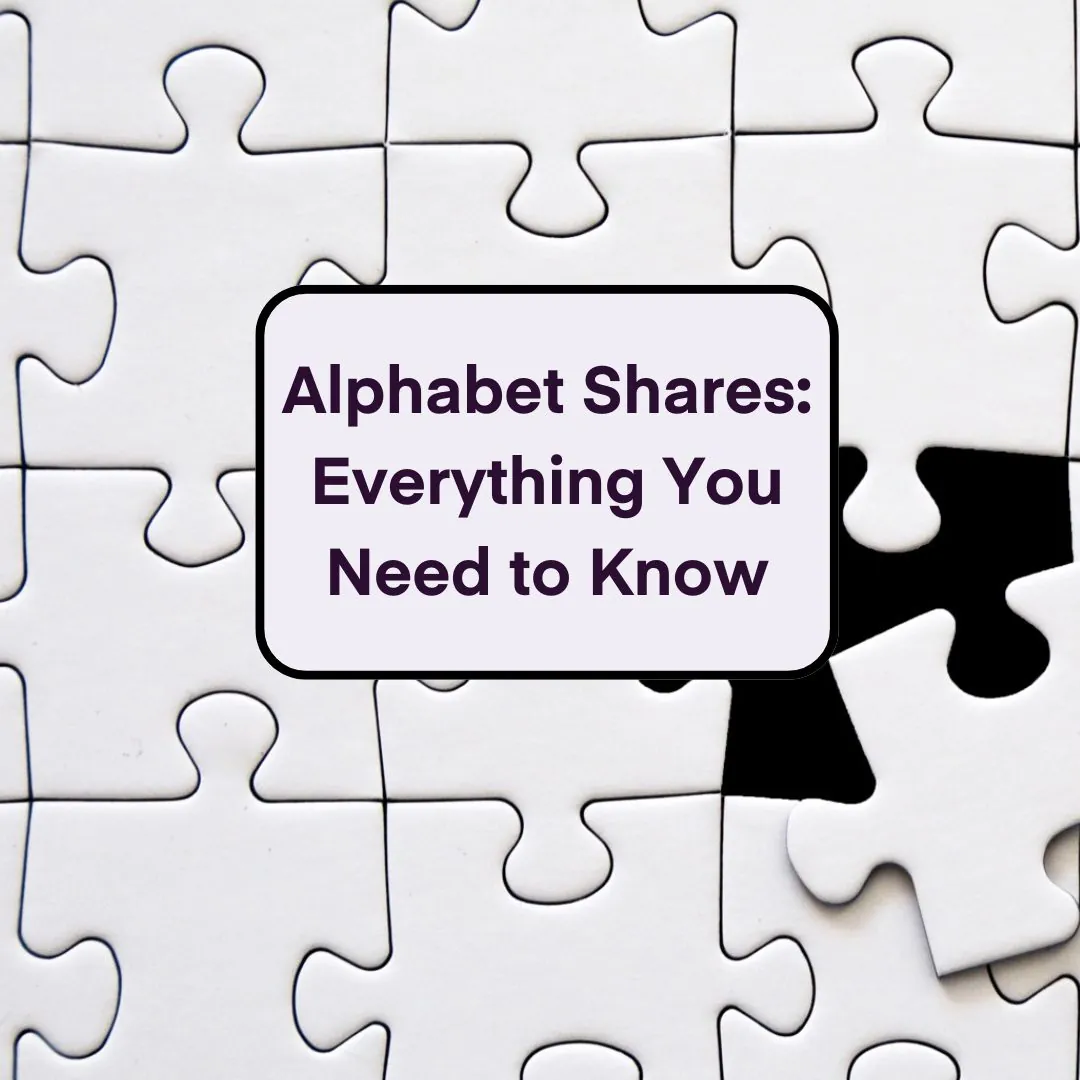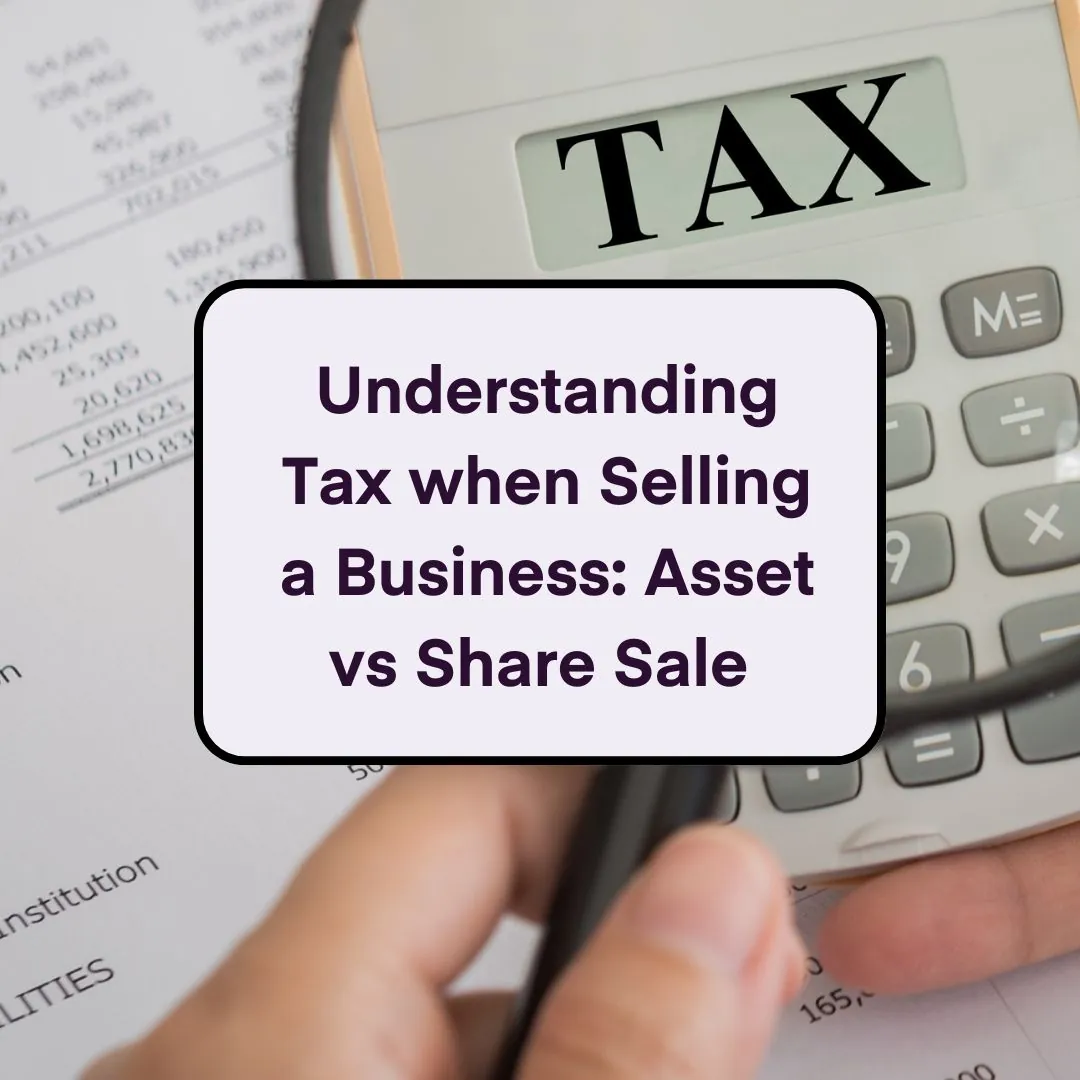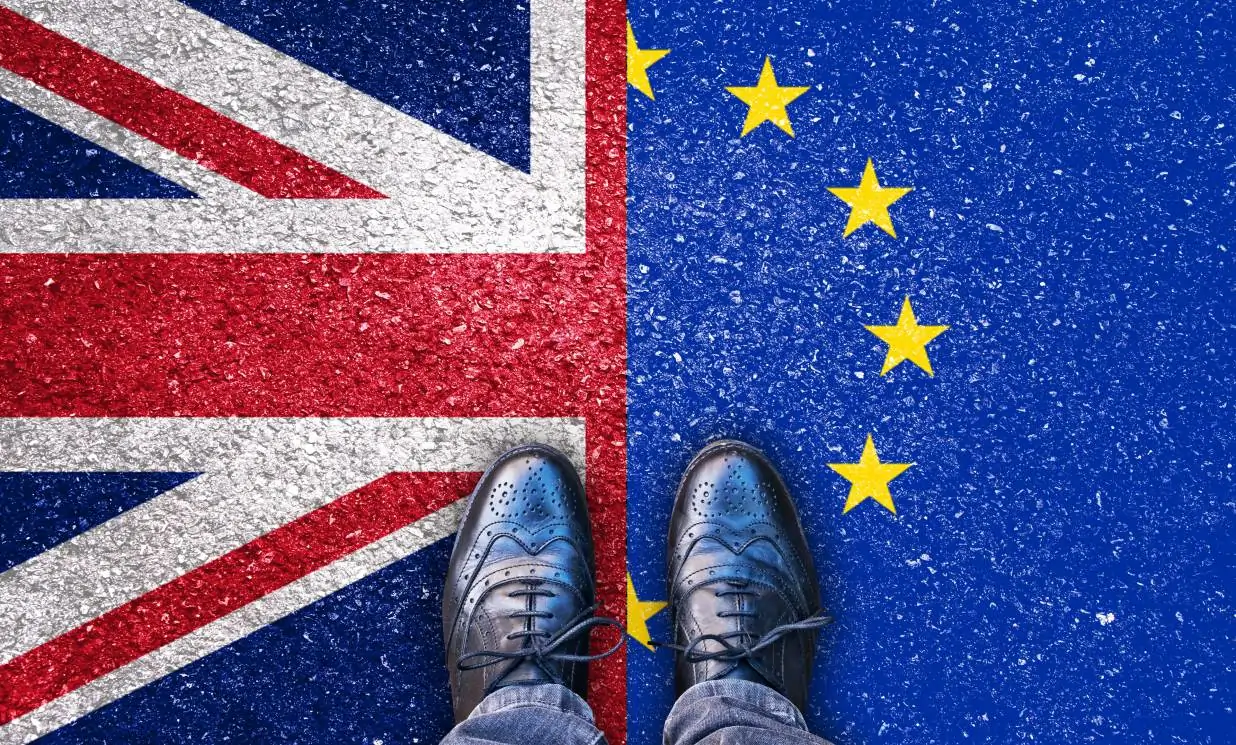
Is sponsorship tax deductible? A guide for business owners
2 Jun 2023Is sponsorship tax deductible? A question we've heard many times. In very short (and not very helpful terms) yes, but we've put this article together to go a little deeper into that question. Anyway, enough blabbering, let's get into it.
Sponsorship can be a great way for businesses to advertise their products or services, increasing their brand awareness and generally broadening their reach. Sponsorship can also help to associate a brand with the passions enjoyed by its target customers, creating a relationship with more depth than would otherwise be achieved through generic advertising.
These advantages make sponsorship an undeniably attractive option to businesses looking to expand their brand awareness and create more connection with their target audience. Still, business owners must weigh up all business outgoings in terms of expense and tax liabilities. So, are sponsorship costs tax deductible? What about claiming back on the VAT? Here is a guide for business owners considering sponsorship.
Is sponsorship tax deductible?
In short, the answer is yes - sponsorship expenses can be an allowable expense for tax deduction purposes, but there are conditions.
In order for the costs of sponsorship to be an allowable expense, they must have been wholly and exclusively incurred for the express purpose of business trading. This rule applies to any tax-deductible expense, and sponsorship costs are no different.
Businesses often have a variety of opportunities to sponsor local clubs or sporting events, presenting valuable advertising avenues that can get the brand in front of an entirely new group of potential customers. So long as the sponsorship promotes the business effectively, and is 'wholly and exclusively' related to the business (with the benefits of which also being solely related to the business), it may be a viable marketing option that is tax deductible.
Wholly and exclusively
Sponsorship expenses are subject to the same' wholly and exclusively' test as any other business expenditure. This means that whenever there is a non-business purpose related to the sponsorship, no allowance will be given, regardless of whether there is a business purpose component or not.
If there is any implication of a benefit being unrelated to the business itself, the sponsorship costs will not be allowed. For example, say the sporting event or club that the business is sponsoring just happens to be the same sport that one of the company's directors actively enjoys as a regular hobby; HMRC may deem it to be (at least in part) the funding of a personal hobby, and disallow it as an expense. HMRC considers sponsorship costs to be subjective, with each sponsorship potentially being used to disguise the use of funds that would otherwise have been expended personally.
Duality of purpose
Another way to term the inclusion of a non-business-purpose element is a 'duality of purpose.' HMRC will consider a sponsorship to represent a duality of purpose if:
-
One of the business proprietors receives any kind of personal benefit as a result of the sponsorship
-
One of the business proprietors is personally involved with the business or sponsored activity
-
One of the business proprietors has a close connection to one or more of the sponsored individuals, or anyone involved in the sponsored business
Allowable sponsorship expenses
So long as the above conditions are met, and the sponsorship costs represent a legitimate business expense, claimable items can include:
-
Branded items - items such as clothing and other accessories that feature your company's branding
-
Asset branding - branding detail on assets such as a car, motorcycle, or bike
-
Membership or entry fees - so long as there is a demonstrable benefit to the business
Sponsoring family members
Business proprietors are often asked to sponsor family members, and the question is often raised as to whether such a sponsorship can form a legitimate business expense. Generally speaking, the answer is no, although there are some circumstances that may be an exception to the rule.
Ultimately, there needs to be a direct, demonstrable connection between the business and the sponsorship target above and beyond the relative in question. For example, if your business sells golfing equipment and your nephew just so happens to be turning pro, there is the opportunity for a legitimate sponsorship that clearly benefits the business, regardless of the family connection.
The basic test comes down to whether the sponsorship deal in question would represent just as beneficial and attractive an advertising option without the relation, in particular, being part of the opportunity. Would the deal still benefit the business just as much?
HMRC Commerciality considerations
For sponsorship expenses to be allowed, they must essentially pass HMRc's commerciality tests, and there are a range of considerations to take into account. HMRC may deem your sponsorship costs to lack commerciality under certain circumstances, so it's best to have a good handle on what may constitute a lack of commerciality. Common examples include:
-
Sponsoring a club or event in which the activity is of personal interest to the business proprietor - as aforementioned, should a business proprietor take an active interest in the same pursuit in their personal time, a duality of purpose would be surmised
-
Sponsoring a family member or close friend (unless the sponsorship agreement is demonstrably just as valuable to the business were it not for the individual in question)
-
When a lack of consideration appears to have been given to the commercial viability of the agreement, i.e., if a business sponsors an event in a different part of the country from where their business operates locally. The desired and anticipated commercial benefits of a sponsorship agreement should be clearly outlined, realistic, and documented
-
Excessive costs - paying way over a reasonable amount for a sponsorship arrangement is a big red flag to the HMRC. Businesses should always seek to minimise costs and overheads; having a written agreement for the sponsorship arrangement that clearly outlines the expectations of both parties and the benefits to the business is needed to demonstrate the considered use of the funds.
What about sponsoring a charity?
Sponsoring a charity (as opposed to making charitable donations) is different in that there is an expectation that the funds provided to the charity will be exchanged for a benefit to the business.
Sponsorship payments made to charities are treated the same way as any other sponsorship expense regarding whether HMRC determines them to be allowable.
Such sponsorship payments may qualify as a business expense if the charity:
-
Allows the business to use their logo on printed business materials
-
Allows the business to sell its goods or services at their premises or events
-
Publicly supports the business's brand, products, and/or services
-
affirms their affiliation publicly and online, such as via website links and social media postings
You can obtain further guidance regarding sponsoring a charity via the government's Charities and Community Amateur Sports Club helpline on 0300 123 1073.
Weighing up the benefits
If you're considering investing in a sponsorship deal to further your business, it's important to weigh up the realistic benefits and consider how measurable they may be. All business outgoing decisions should be based on assessing the likely return on investment (ROI) and the risks that may be involved, and sponsorship is no different.
Questions for businesses to consider include:
-
What particular marketing benefits can the sponsorship deal offer the business, and how might they be unique when compared to other opportunities?
-
Is there a specific outcome you are hoping to achieve? Can it be measured, and if so, how?
-
How often will you assess the viability of the agreement?
-
How much of the sponsorship deal is expected to convert into direct sales and increased brand awareness? Without clearly measurable outcomes, how much can you afford to speculate?
Ultimately, an approximate percentage of ROI will be measurable over a determined period of time, and with this data, you can assess whether to continue with the investment. If the potential benefits to your business are difficult to define or measure, it's quite possible that you will struggle to demonstrate the commercial viability of the expenses for the purpose of using them as tax deductions anyway.
If you are going to invest your time and money in a sponsorship deal, then you will be doing it with the expectation of a return on your investment.
Is a sponsorship agreement necessary?
Yes, you should always ensure that an up-to-date written sponsorship agreement is in place, detailing the sponsorship agreement's value, duration, and expectations. This is not only vital in keeping both parties accountable to the terms of the agreement, but it may well form an essential document in satisfying HMRC's criteria for determining that the related costs are allowable.
Sponsorship agreements should also include a termination clause with clearly defined parameters to follow, should the need arise for it to be relied upon. As the business making the agreed sponsorship payments, you must ensure that you can terminate the agreement in the event that you are not receiving the returns and benefits as agreed. While the sponsored party may not be able to guarantee what monetary benefits might result in the arrangement, there may be set arrangements designed to increase brand awareness and website traffic, for instance, that may not be met.
Play it safe
Commercial sponsorships should include negotiations, demonstrable benefit goals for the business, and a variety of alternatives should be carefully weighed up before the agreement is entered into. So long as you are confident that no duality of purpose can be attributed to the arrangement and you are confident that the benefits will be worth the outlay, then sponsorship can be a great way to significantly increase brand awareness and drive more sales.
So there you have it, we hope we've answered is sponsorship tax deductible? In this article.
If you’d like further advice on the topic from any of our solicitors or employment law experts, or if you'd like to see our other tax services that could help your business, get in touch with us today at info@accountsandlegal.co.uk.
























